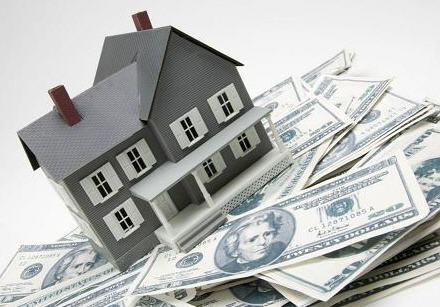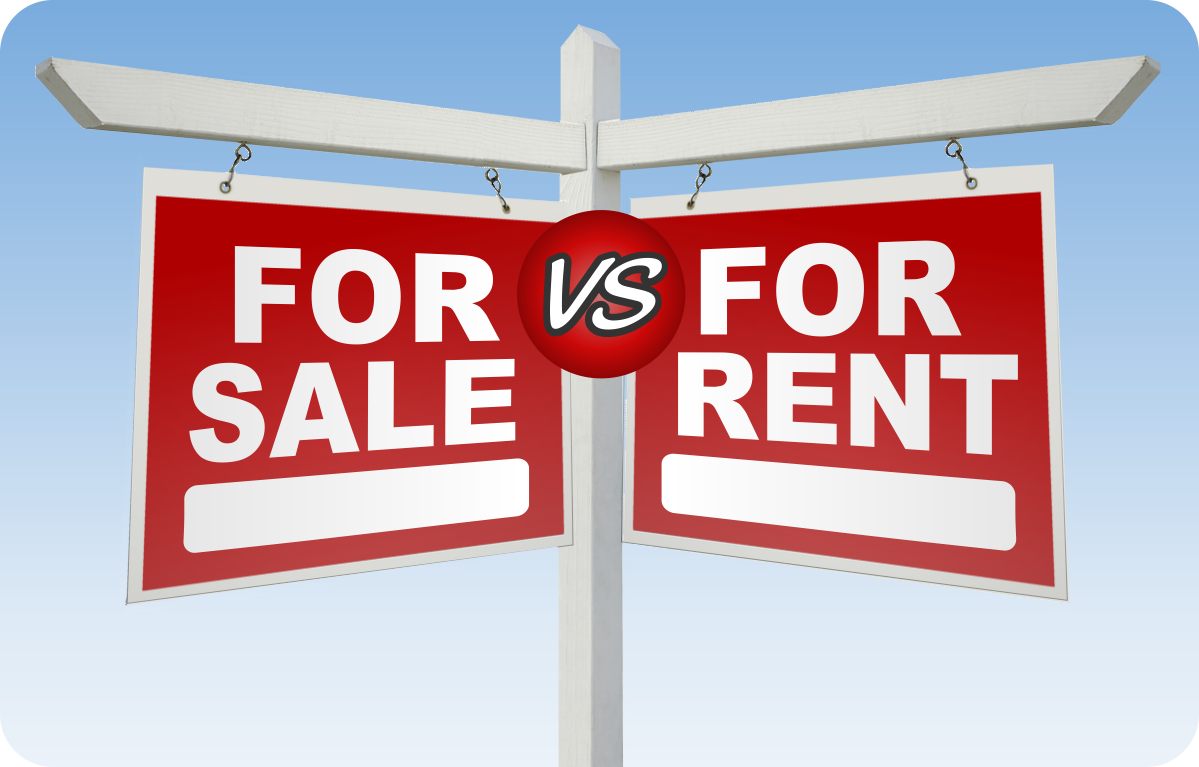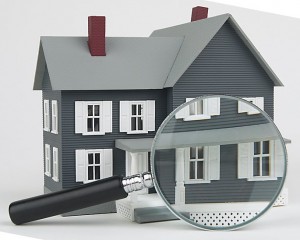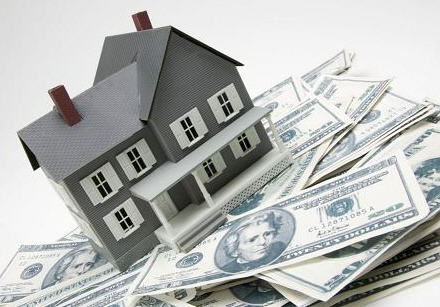Deciding When to Sell
Thursday, January 30th, 2014
Is it a buyer’s or a seller’s market?
When there are lots of people looking for homes but not many for sale, this is called a ‘seller’s market’, because the seller has something everybody wants. When there are more homes for sale and not many people buying them, this is called a “buyer’s market” because buyers have more power of choice. A REALTOR® is the best person to consult about this.
How quickly do you need to sell your home?
In a seller’s market, top price and a fast sale can go hand-in-hand. In a buyer’s market, more sellers are competing for your potential buyer. If you have to sell right now, you may wish to lower your asking price a bit to speed up the sale. REALTORS® are masters at figuring the price-to-listing ratio and know how to attract offers without going unnecessarily low.
Seasonality – Do home sales get frostbite?
It’s true. Winter sales tend to be slower and spring sales are more brisk. Regardless, there are always people looking to buy and seasonality is only one of many factors to consider. If you’re also buying a home. In this case, you don’t really have to worry about playing the market. If you sell your existing home for a ‘low’ price, you’re probably also buying at a low price. If you are upgrading to a larger home, this actually works to your advantage. Imagine when your bigger home is on the upswing. If you’re downsizing from a bigger home to a smaller home or a condo, you need to pay a bit more attention to the market.
Buy first or sell first? The eternal question
Many people are able to time their sale and purchase so they happen on the same “closing date.” Buyers can make their offer “conditional’ on the sale of their existing home, to make sure they’re not left paying for the upkeep of two homes. When selling, you can try to extend the “closing period” to give yourself more time to find your next home. REALTORS® are very skilled at this sort of negotiation and can make your transitional life a lot easier.
If you find your new dream home before you’ve even started to sell your old one.
Talk to your existing mortgage lender. You may be able to arrange “Bridge Financing.” This is when your lender (the bank) is confident your existing home will sell quickly and they agree to lend you the down payment for your new dream home.
Find out more on this article by visiting www.ereb.com






